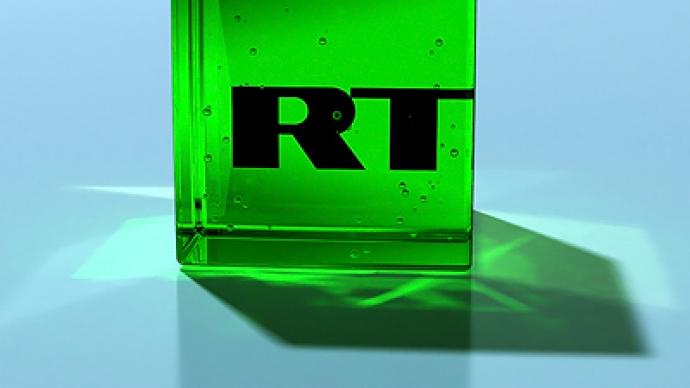Is RT state-run?

RT has been accused of being “state-run” or dismissed as influenced by the Kremlin because it receives state funding.
To boot, from GlobalMediaWars.com: “Its motto is “question more,” but it’s clear who supplies the answers to many of the questions on RT: the Kremlin.”Glenn Beck on Fox News referred to RT as “state-run” and the “Pravda of today.”And people have used this as a way to dismiss RT’s content, along with its mission of news with a Russian perspective. NPR “On the Media” host Bob Garfield’s remarks: “Though they have the look and the feel of maybe BBC or CNN International, just 'cause it looks like a duck and quacks like a duck doesn't make it a duck.”But let’s look at the mission and funding of the BBC.According to its charter, its goals include representing the UK, its nations, regions and communities and bringing the UK to the world and the world to the UK. While BBC World Service, which broadcasts to the world on radio, on TV and online, providing news and information in 32 languages, is funded by a government grant, it also recently received a significant sum of money from the US government according to reports.And what about other international networks?France 24’s mission is “to cover international current events from a French perspective and to convey French values throughout the world” and is a wholly-owned subsidiary of the public-funded holding company Audiovisuel Exterieur de la France (AEF)The German Deutsche Welle’s goal is to “promote understanding of Germany as an independent nation with its roots in European culture and as a liberal, democratic, constitutional state based on the rule of law.” It’s budget is made up of funds allocated by the federal government from German tax revenues, according to its website.And here in the US, it’s the Corporation of Public Broadcasting that provides funds to public TV and radio stations. According to its website, “when Congress created CPB, it declared that developing public media is…“of appropriate and important concern” to the federal government. By law, 95 percent of CPB's appropriation from the federal government goes to support local television and radio stations, programming and improvements to the public broadcasting system.Funding for PBS programs, for example, comes from a variety of sources, including the Corporation for Public Broadcasting and government agencies.And outside the US, it’s the Broadcasting Board of Governors that transmits its message. The board encompasses all U.S. civilian international broadcasting: Voice of America(VOA), Radio Free Europe/Radio Liberty (RFE/RL),Radio Free Asia (RFA), Radio and TV Martí, and the Middle East Broadcasting Networks (MBN)—Radio Sawa and Alhurra Television.It broadcasts in 59 languages to an estimated weekly audience of 165 million people via radio, TV, the Internet and other new media. While its principles include being “consistent with the broad foreign policy objectives of the United States, and the capability to provide a surge capacity to support United States foreign policy objectives during crises abroad,” according to it’s website.So call RT “state-funded” if you must, but if you want to “call a duck a duck,” as NPR’s host so eloquently put it, you might want to consider the pond we’re all swimming in.












